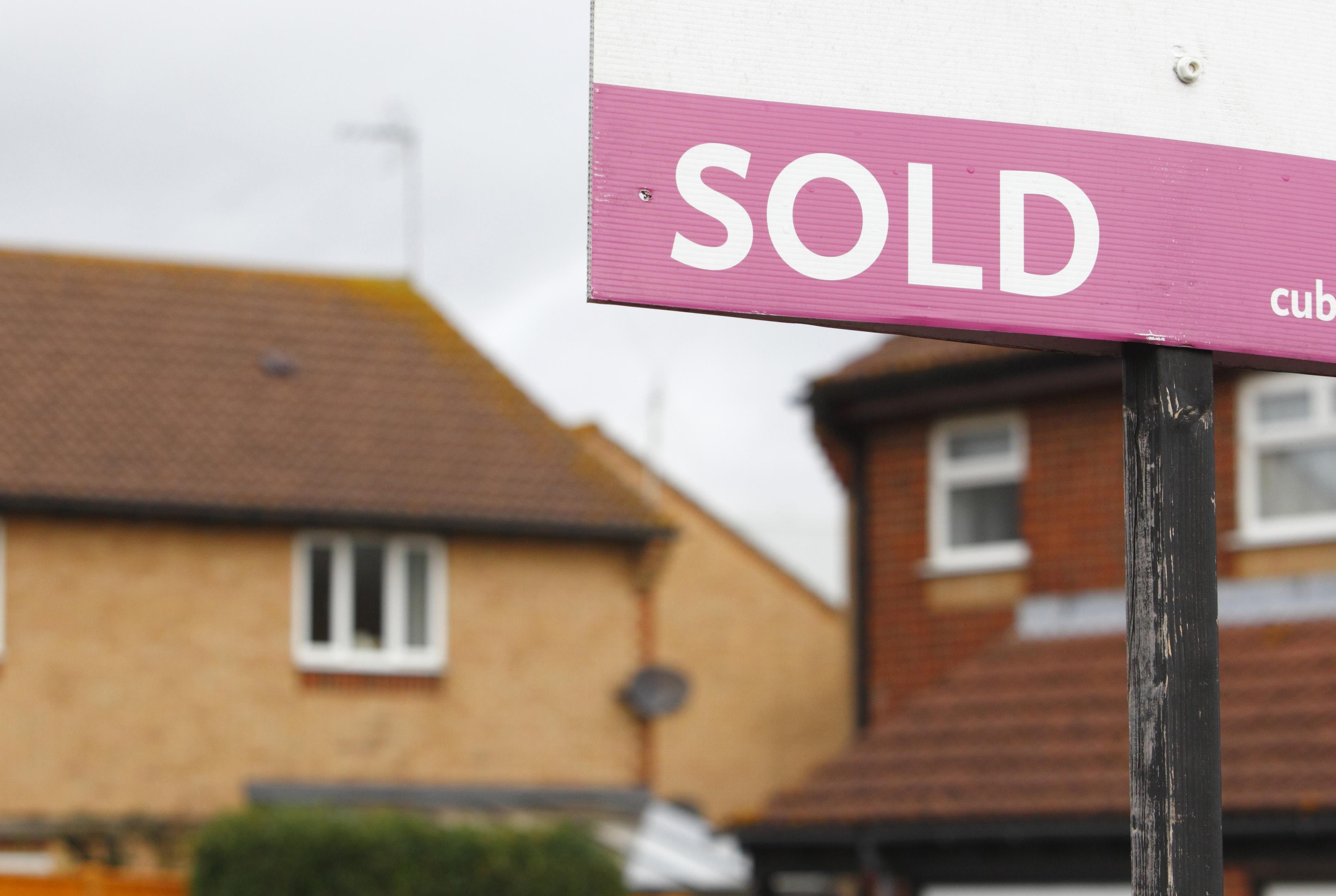What will the return of Help to Buy mean for the property market?
With mortgage guarantees for low deposit borrowers returning, should we expect the pandemic housing boom to continue or even accelerate? By Ben Chu


Recession and rising unemployment have historically been associated with a fall in the value of residential homes in the UK, so many expected the housing market to be one of the casualties of the pandemic.
Residential property transactions certainly collapsed during the first lockdown in March, slumping to around half the level seen at the start of the year. The number of mortgage approvals for house purchases, meanwhile, declined to its lowest on modern record.
Influenced by this, the Office for Budget Responsibility (OBR), the Treasury’s official forecaster, last summer was forecasting average house prices to slide by around 8 per cent over the course of 2020 in its central scenario and by 16 per cent in its downside scenario.
But the past year has defied that. House prices have continued to rise. Indeed, they’re now positively booming. Nationwide reported on Tuesday that prices in February were up around 7 per cent year-on-year. The Office for National Statistics measure of prices has shown a similar picture, with prices rising at their fastest in 6 years in December.
And the number of mortgage approvals for house buying has jumped to its highest level since 2007 according to Bank of England data.
Analysts ascribe this, in considerable part, to the temporary stamp duty holiday for houses sold for up to £500,000 implemented by the chancellor last summer and also the fact that the furlough scheme has largely managed to keep a lid on unemployment.
The stamp duty holiday is expected to be extended in Wednesday’s Budget. And, on top of this, the Treasury has announced it will bring back the system of state mortgage guarantees for home buyers with only relatively small deposits – known as Help to Buy – later this year. The intention is to bring back 95 per cent loan-to-value mortgages, which largely disappeared from the lending market last year.
So what will this fresh subsidy mean for the housing market? Should we expect the shock housing boom to continue, perhaps even accelerate?
Or given that many still think the fundamentals of the market remain weak, despite the surprise pandemic bounce, is this more about engineering a soft landing?
We still need to see the details of the new mortgage guarantee scheme. Its impact on the market will depend, to some extent, on the size of the fees that banks will need to pay to take it up.
But Neal Hudson of Residential Analysts says the signal sent by the scheme to mortgage lenders – that the government is backing the overall market - is probably most important.
“They’re very much setting their stall out and saying we don’t think house prices are going to fall this year,” he says.
“If it’s a demand side subsidy and there’s no counteracting supply side response it’s going to push up prices.”
The OBR in November forecast house prices to fall by 8 per cent in 2021, essentially shifting its earlier projection of a slump forward by a year.
As a result of the mortgage guarantee Mr Hudson thinks prices are now more likely to rise than fall this year.
Samuel Tombs, an economist at the consultancy Pantheon, also thinks that the move will support prices.
“One of the upside risks to our forecast for house prices to drop by 2 per cent this year has now crystallised. As a result, we doubt that a sustained fall is on the cards,” he says.
The big question is whether the near-term support will merely, once again, delay a reckoning.
Howard Archer, an economist at the EY Item Club, remains sceptical of current market valuations.
“[We have] frequently expressed belief that the current elevated housing market activity and robust prices will prove unsustainable sooner rather than later,” he says.
“The recent marked strengthening in the housing market has been disproportionate given the economy’s contraction over 2020 and rising unemployment.”
However, he does expect the Help to Buy scheme to reduce a 5 per cent fall in house prices in 2021 to a 3 per cent decline.
But the unexpected behaviour of the market over the past year has underlined how difficult it is to predict this market, in both the short-term and the long-term.
One source of uncertainty concerns what will happen to unemployment when the furlough scheme ends.
Another is how people’s housing demand will respond if there is a long-term shift to working from home. The evidence suggests that over the past year many white collar workers have sought larger homes with more space for a study or larger gardens. But will that appetite sustain once people can, once again, return to their offices?
There’s also uncertainty about what’s happening to the population, with some research suggesting that hundreds of thousands of migrant workers might have left the country over the past year, reducing the demand for housing in some areas.
“The challenge we’ve got is that there’s at least two different markets,” says Mr Hudson.
“There’s the suburban, rural, larger home market which is booming and there’s the city centre flat market which is looking quite under stress, with rents falling, due to a combination of fewer foreign people living, working and studying in this country.”
The future of the UK housing market remains clouded but while politicians keep intervening in it with subsidies, expect many – wisely or not – to continue to bet on house prices rising indefinitely.

Join our commenting forum
Join thought-provoking conversations, follow other Independent readers and see their replies
Comments